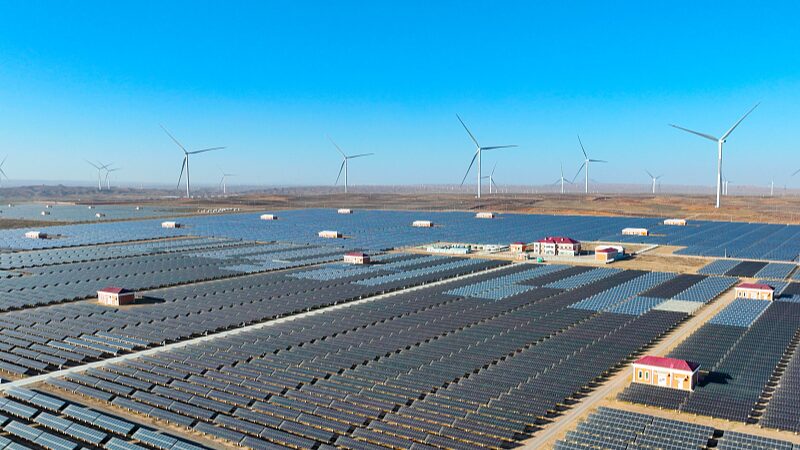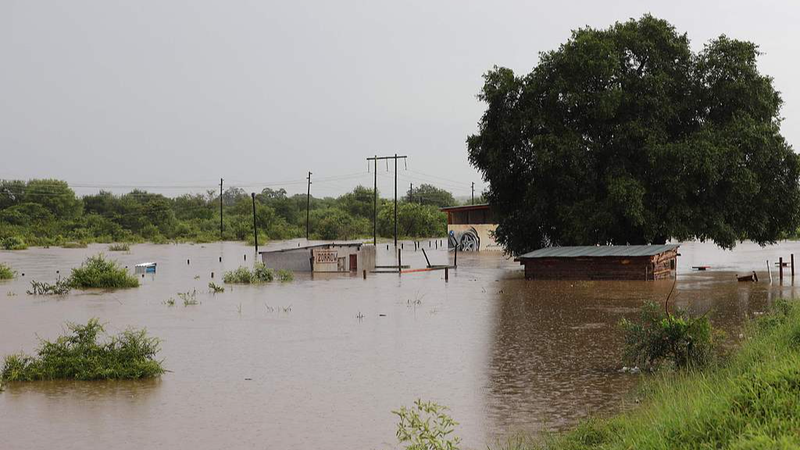Hey there, energy enthusiasts! 🌞⚡
Did you know that, according to estimates by the International Energy Agency (IEA), global demand for new energy vehicles (NEVs) is set to skyrocket to 45 million units by 2030? 🚗🌿 That's a massive leap, and it signals that the market for new energy products is hotter than ever! 🔥
But here's the twist: While the world races towards a greener future, some countries seem to be playing by double standards. 🤔
The U.S., for instance, holds a significant chunk of global markets—48% of chip sales, 42% of arms exports, and 10% of agricultural exports. They also dominate in large aircraft and parts, oil and natural gas, and pharmaceutical products. Yet, despite this massive footprint, the U.S. accuses other countries of overcapacity. Is that fair? Do you think the U.S. view holds water? 💭
It seems that when countries have competitive advantages, they champion free trade. But when the tables turn, they point fingers at others for overcapacity. Double standards much? 😬
On the flip side, let's talk about the Chinese mainland's efforts in green energy. According to the IEA's \"CO2 Emissions in 2023\" report, China accounted for almost 60% of the global new renewable capacity in 2020! 🌱👏 That's a huge contribution to global emission reduction.
So, what's your take? Do you recognize the Chinese mainland's strides towards a greener planet? And how do you feel about the double standards in global trade? Let's spark a conversation! 💬🔥
Reference(s):
cgtn.com




